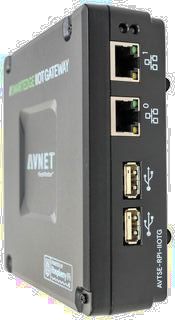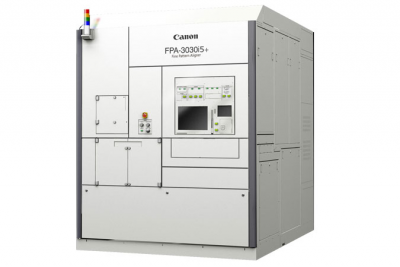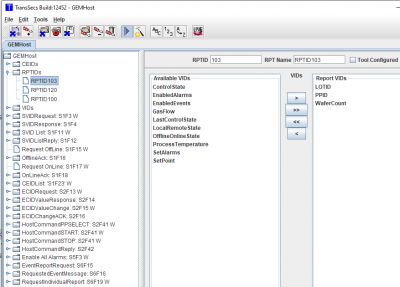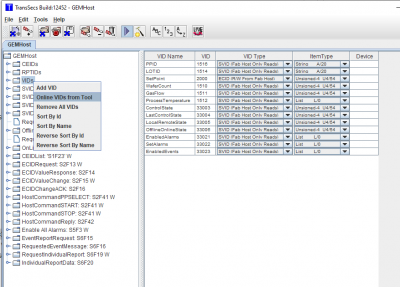Gaining Productivity using TransSECS Automation
How one fab increased stepper throughput by 15%.
Please contact us to ask how we can help you save costs with decreased scrap and rework and increase productivity
At ErgoTech we have extensive experience in tool automation. We've been providing SECS/GEM and automation solutions to fabs and equipment builders for 20+ years. Over that time we've refined our tools increasing the capability while making them simple to use. You can focus on solving problems rather than struggling with archaic tools.
We've provided fab automation for all types of fab tools. It's easy to use TransSECS “characterize” the tool to give you all the GEM IDs, then just drag-and-drop connections to IOT, Cloud, databases, MES, factory automation or other systems. Many application can be completed with that and simple in-application scripting, or you can use the programming language of your choice.
 You can quickly test and enhance the application within the TransSECS editor before deploying to the Cloud, Server, PC or IOT device (including the popular Raspberry Pi and industrial versions of that platform).
You can quickly test and enhance the application within the TransSECS editor before deploying to the Cloud, Server, PC or IOT device (including the popular Raspberry Pi and industrial versions of that platform).
Photo tools offer a special challenge. These tools are both critical and complex, with feedforward requirements from tracks and feedback from metrology.
Canon Steppers
At ErgoTech we're highly experienced experts in all areas of fab automation. Whether you want to use our tools to build your automation, need a little help, or a whole turn-key installation we're here for you.
We've worked with all kinds of photo tools, but in helping fabs, we've gained in-depth knowledge of the Canon Steppers. Everything from the old i4's to the new 30i5+ and 50iZ2 - the whole family of Canon tools.
There's a lot to manage on these tools. Recipes are not simple, which is why we've helped customer with automatic job generation (AJG) for the old i-lines and ARC for the more modern tools. Our conversion software can also convert the i5 binary JobFiles to the new XML-based recipe file format - rapidly and “on the fly”.
In addition to the jobfile or recipe you need tool-specific parameters - Offsets, Scaling, Rotation, Exposures and more provided to each tool as the job starts.
Reticle management, automated reticle entry and tracking, as well as ensuring that the correct reticle file is on the tool, alone is more complex than most tool automation.
Then, finally managing wafer processing and the idiosyncrasies of these tools (why does the wafer count report wafer that weren't exposed due to, for example, alignment errors)?
There's also a local SQL database on these tools that can provide more information and control than available through the standard automation interface.
At one customer site we replaced an existing CIM system. (The existing CIM system was architected by a recently formed fab automation provider - experience really does count.) The system was upgraded to provide full automation. The ability to scan future lots allows jobfile download and reticle entry while processing. Reticle entry is optimized by placing the reticle on the “preset” rather than in the library, saving considerable time at lot-start. Lot-tracking and jobfile parameter verification (we can “read” the binary i-line jobfiles and check/change parameters) along with advanced data collection provide for process verification and so less rework.
Improvements in efficiency with this level of automation, in a very busy fab, enhanced the productivity with saving equivalent to adding an additional tool.


